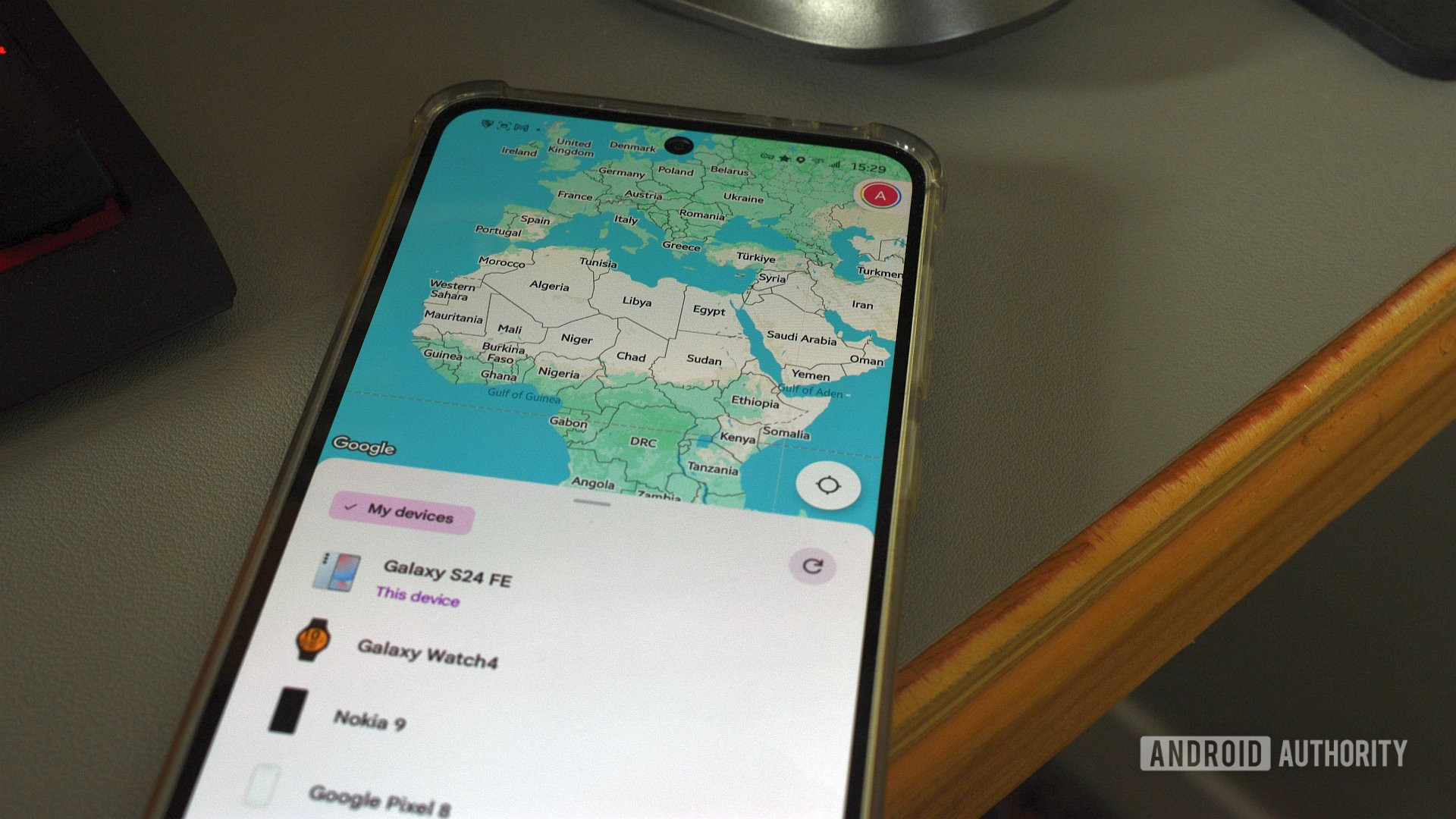Android phones
Android phones from Samsung, Google, Motorola, OnePlus, and more. All the news, commentary, and hands-on reviews you could want.
Best products
Features
Guides
Reviews
All the latest
Android phones news
The Nothing Phone 4a fixes my two biggest problems with the Nothing Phone 3
Ryan Haines17 hours ago
0
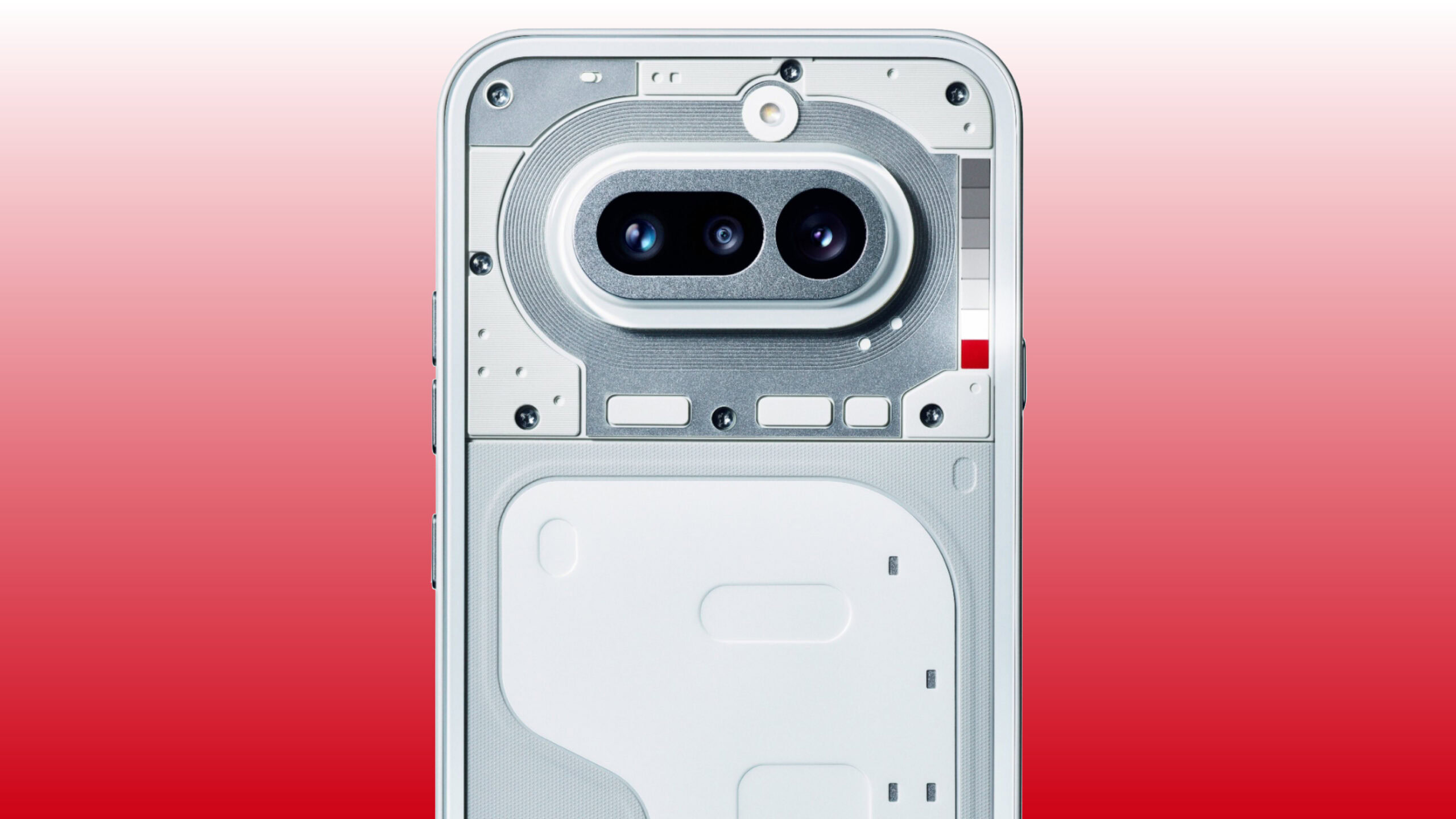
Samsung Unpacked is tomorrow. Here are the 8 most important Galaxy S26 rumors you need to know
Joe Maring18 hours ago
0
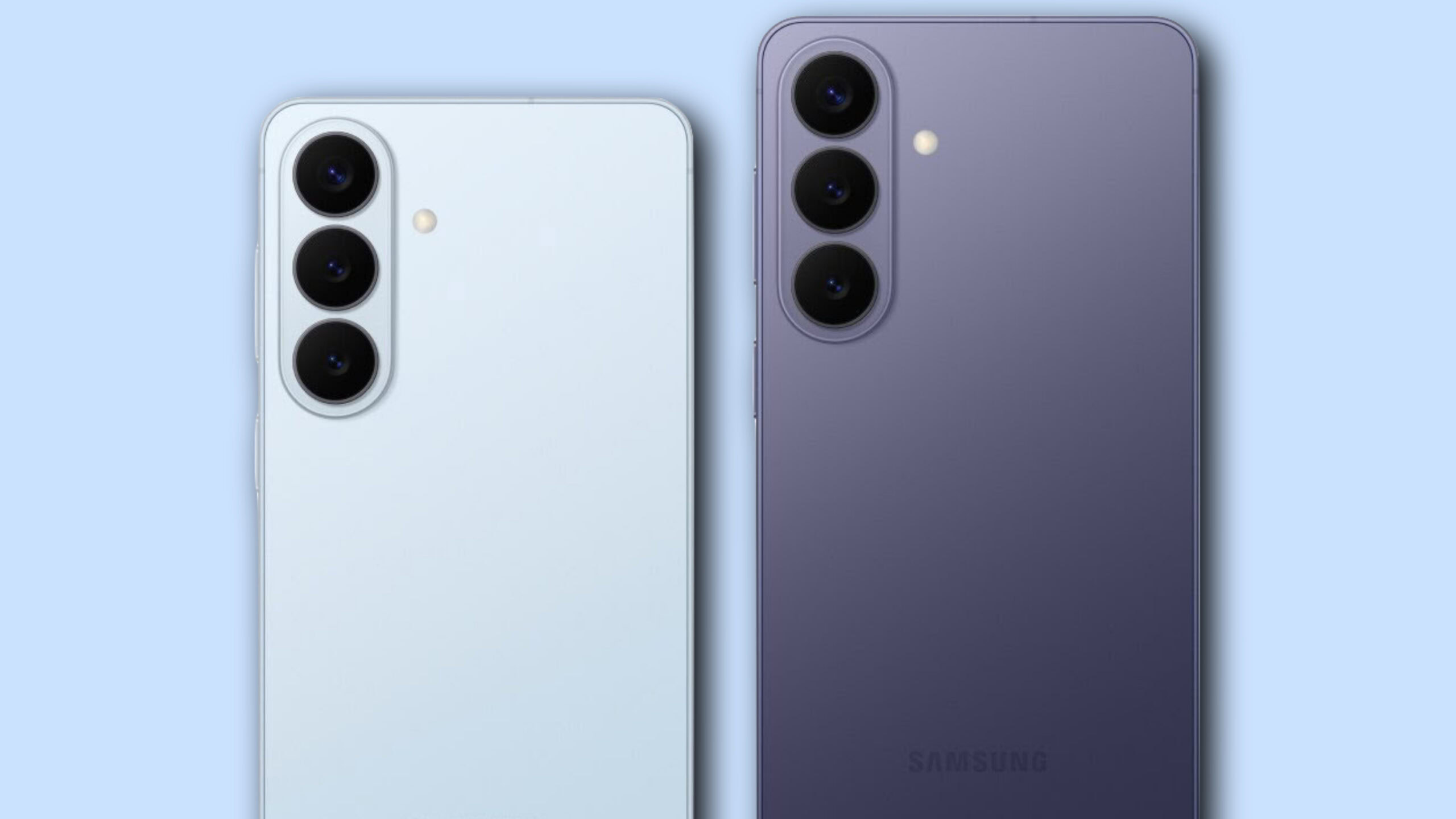
The Moto G Power (2026) is the cheapest Motorola phone you might actually like
Ryan HainesFebruary 23, 2026
0
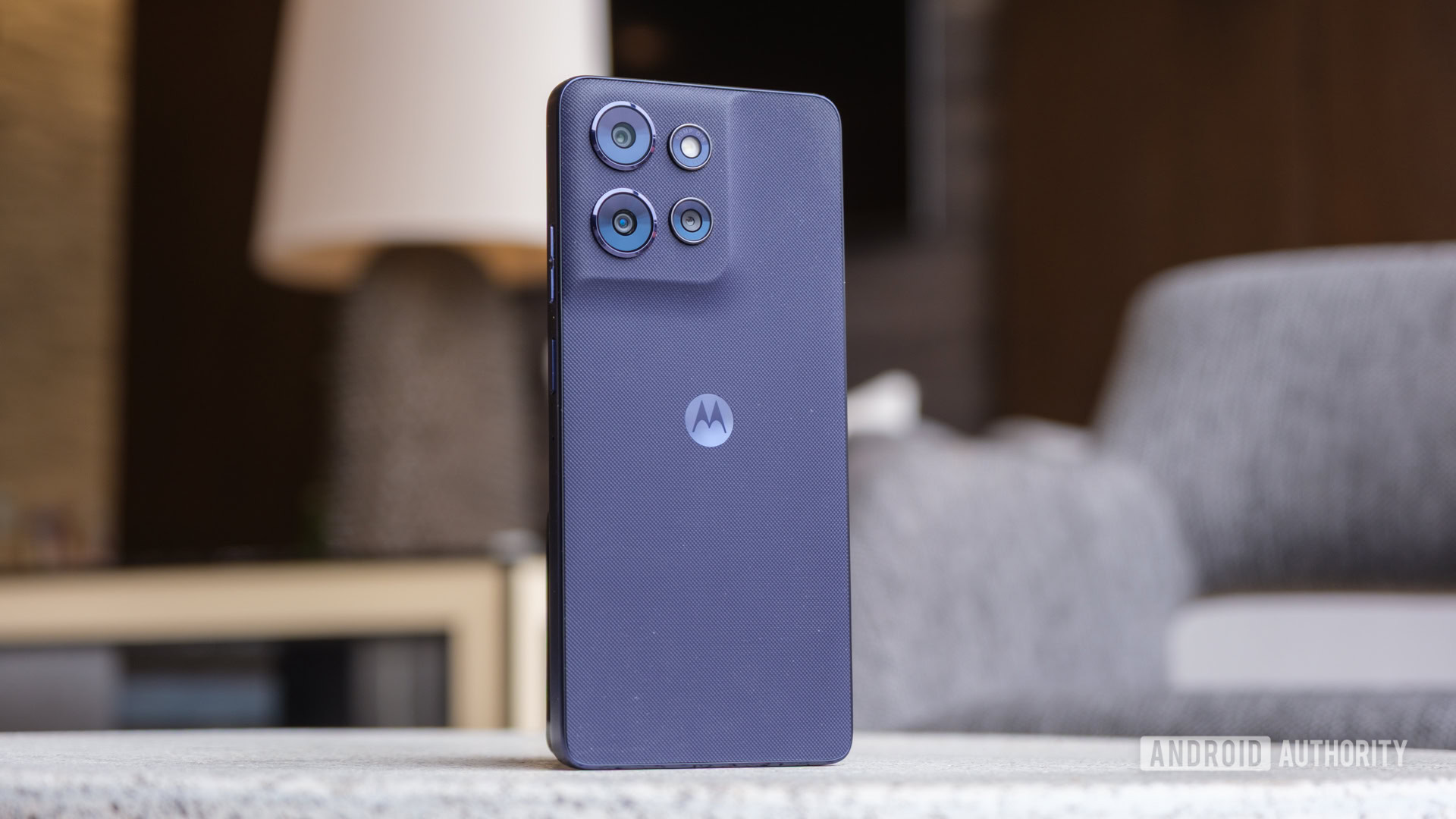
The Pixel 10a isn't a bad upgrade — it's the future of modern Android phones
Taylor KernsFebruary 23, 2026
0
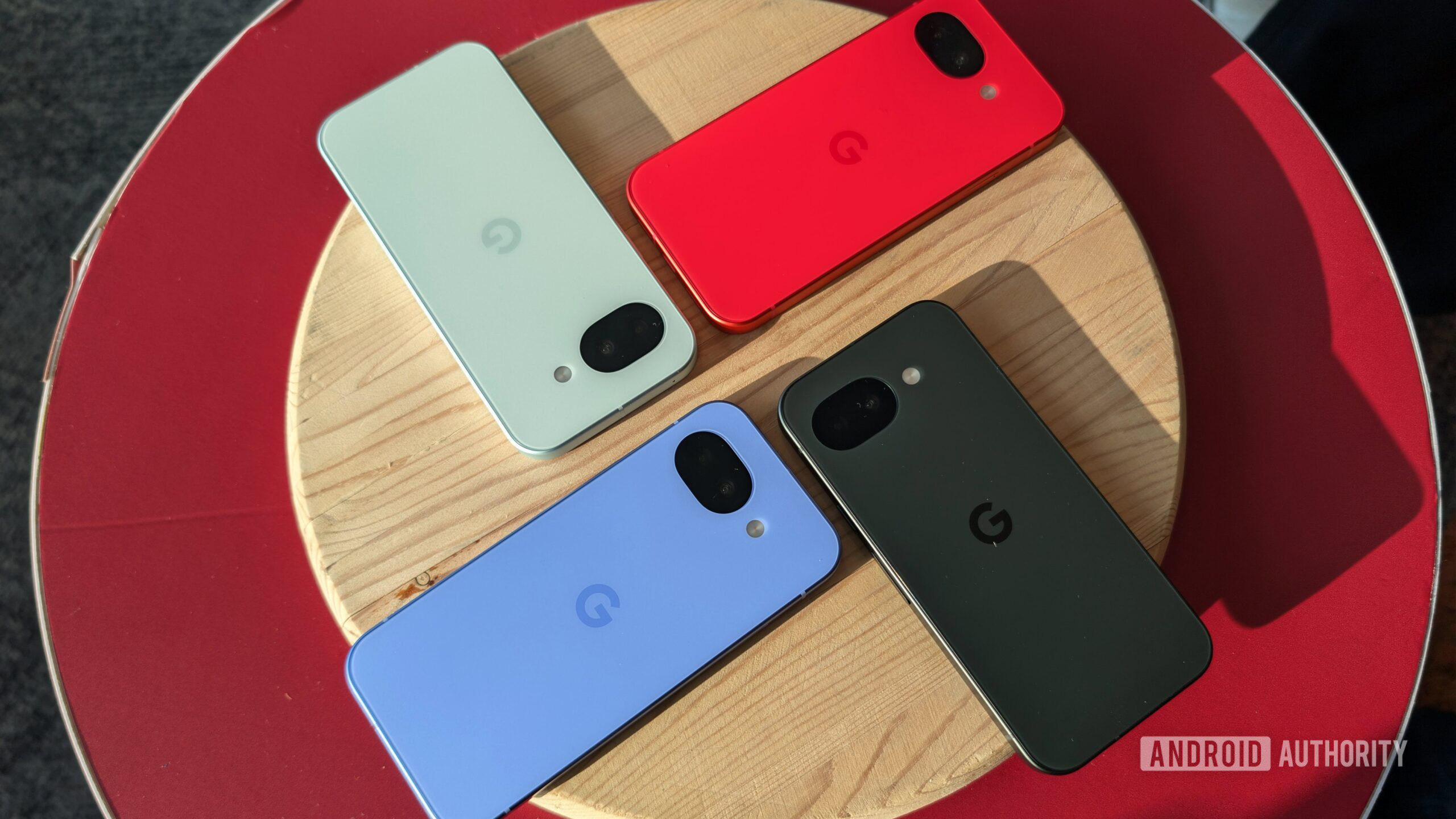
Whatever you do, don't buy a Samsung Galaxy S phone right now
Joe MaringFebruary 23, 2026
0

Samsung and Apple are putting the variable aperture on the wrong camera
Hadlee SimonsFebruary 22, 2026
0
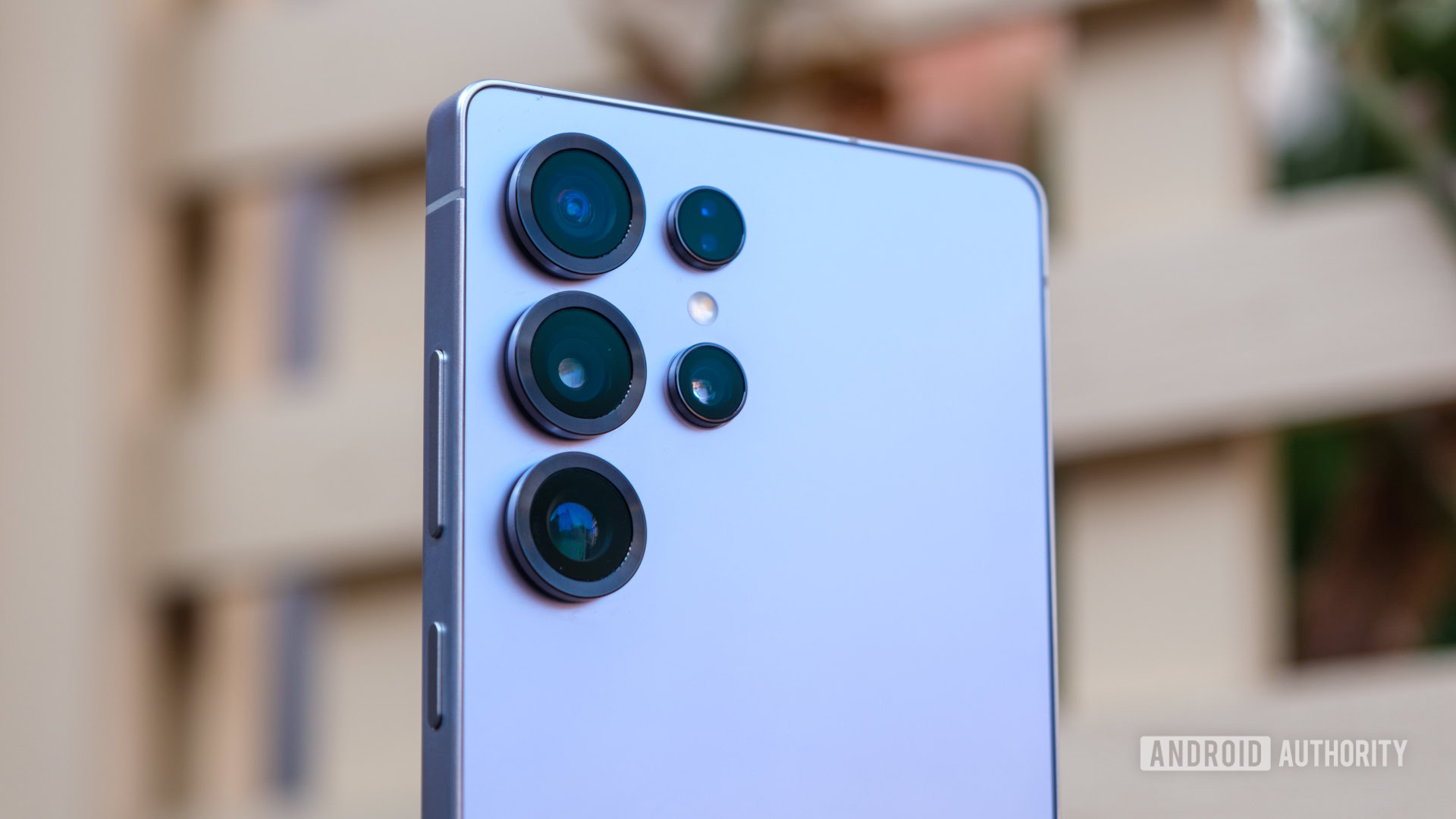
Is Samsung's ecosystem worth it in 2026? Here’s my advice after going all-in
Zac Kew-DennissFebruary 22, 2026
0
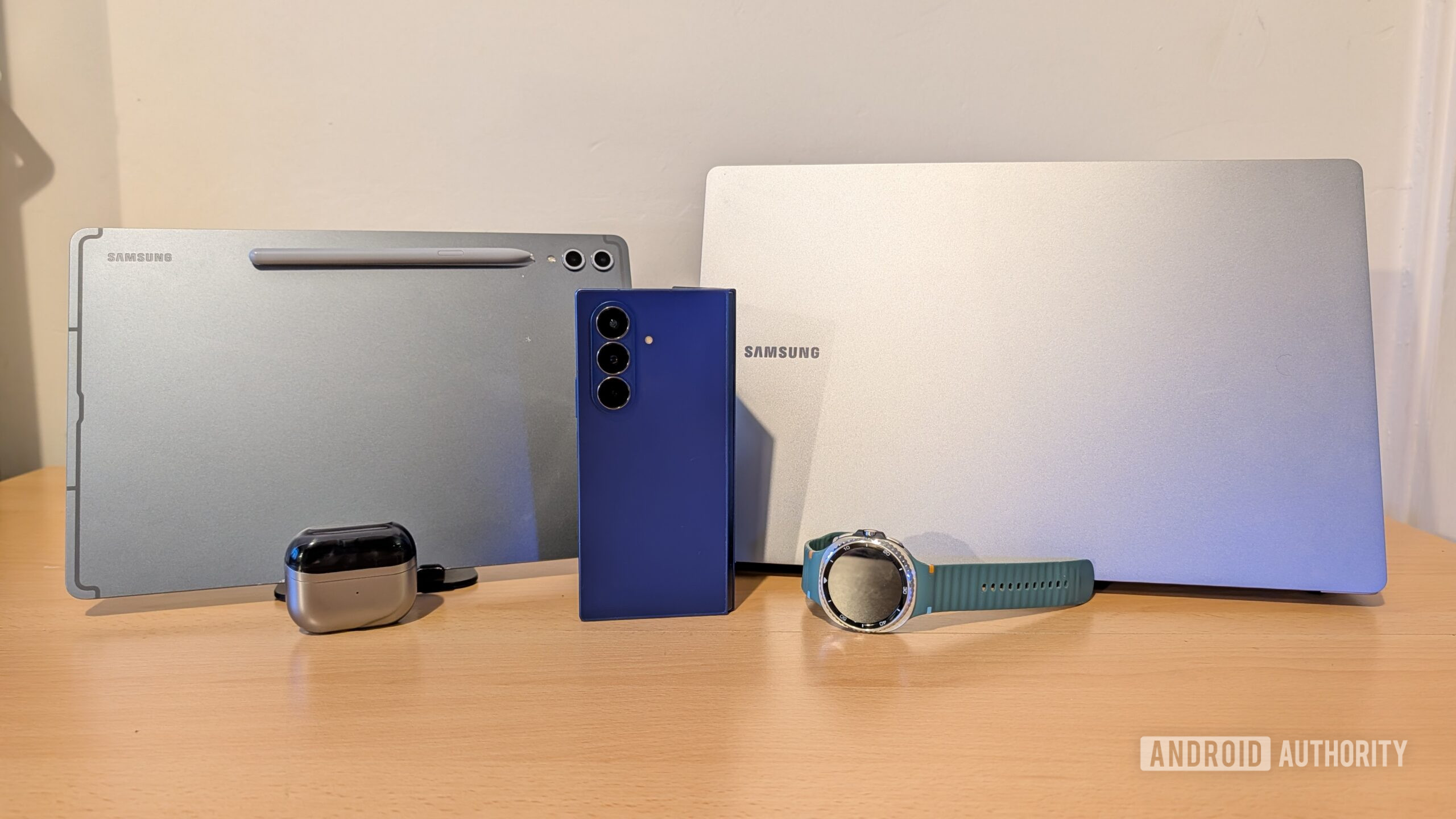
Why Android killed wide foldables and how it's resurrecting them
Rita El KhouryFebruary 21, 2026
0
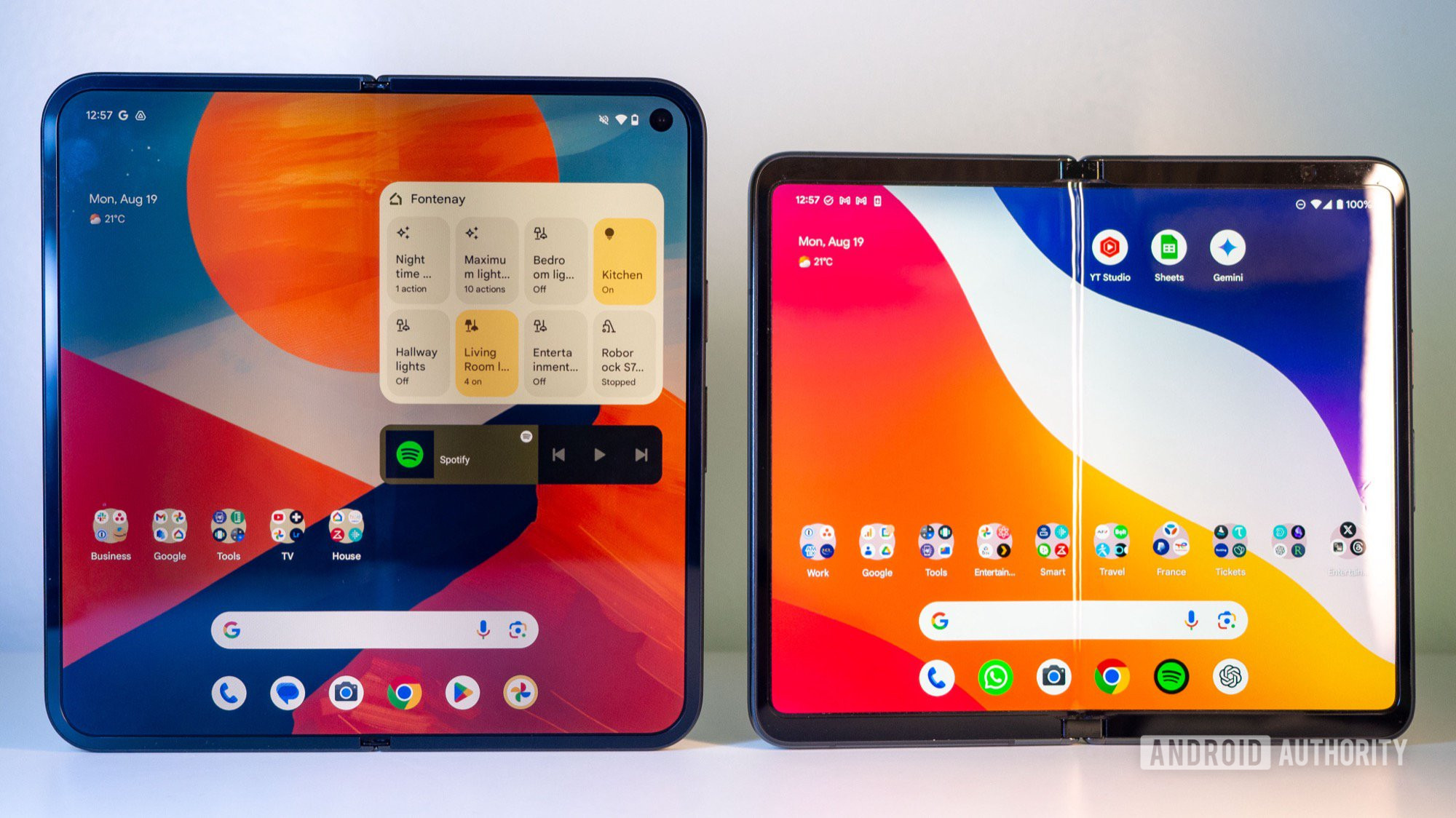
The Galaxy Fold 7 is proof that no one at Samsung actually opened the foldable
Zac Kew-DennissFebruary 21, 2026
0
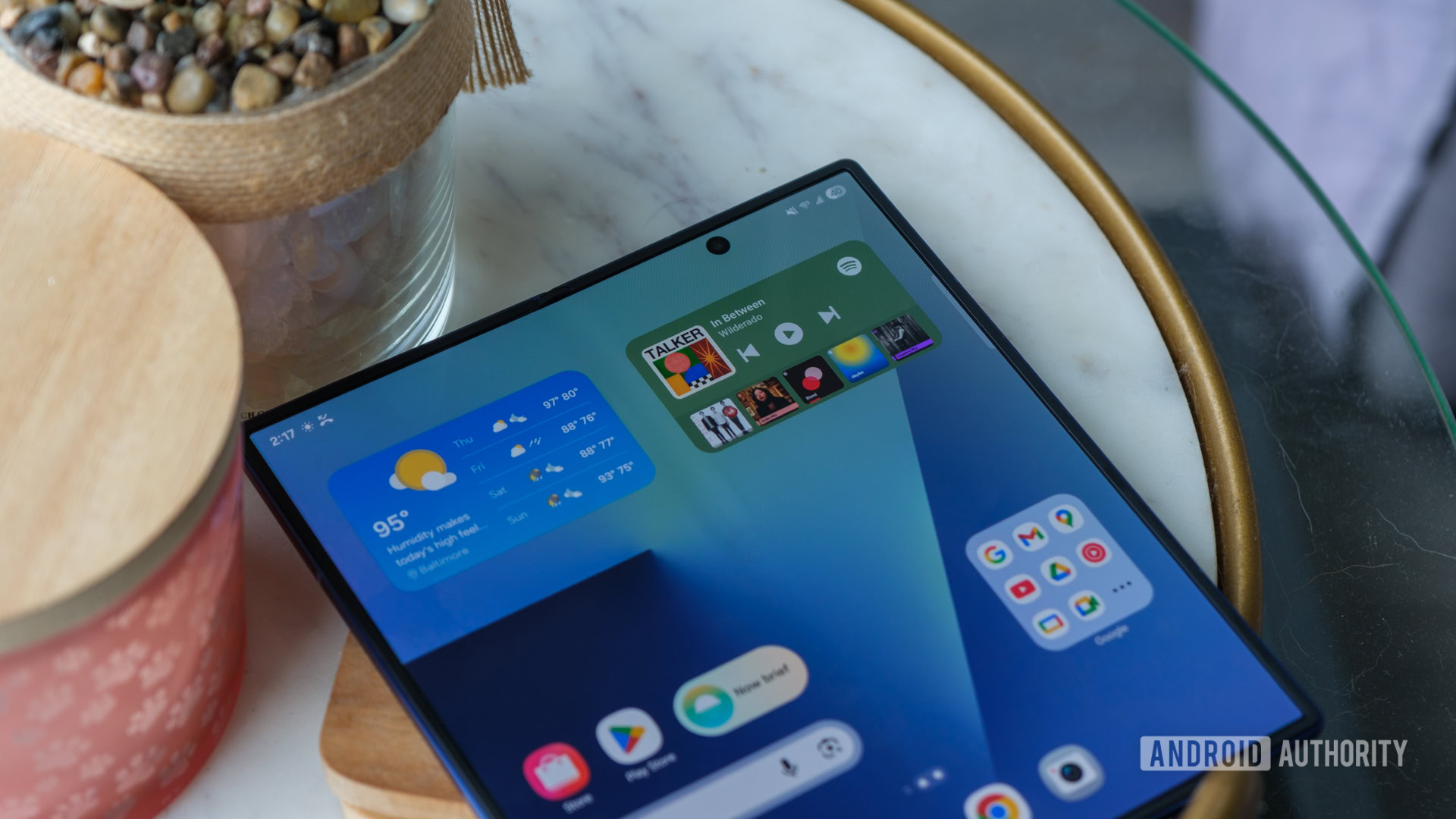
Pixel 10a vs Pixel 8a: The smartest move might be to wait
Karandeep SinghFebruary 19, 2026
0
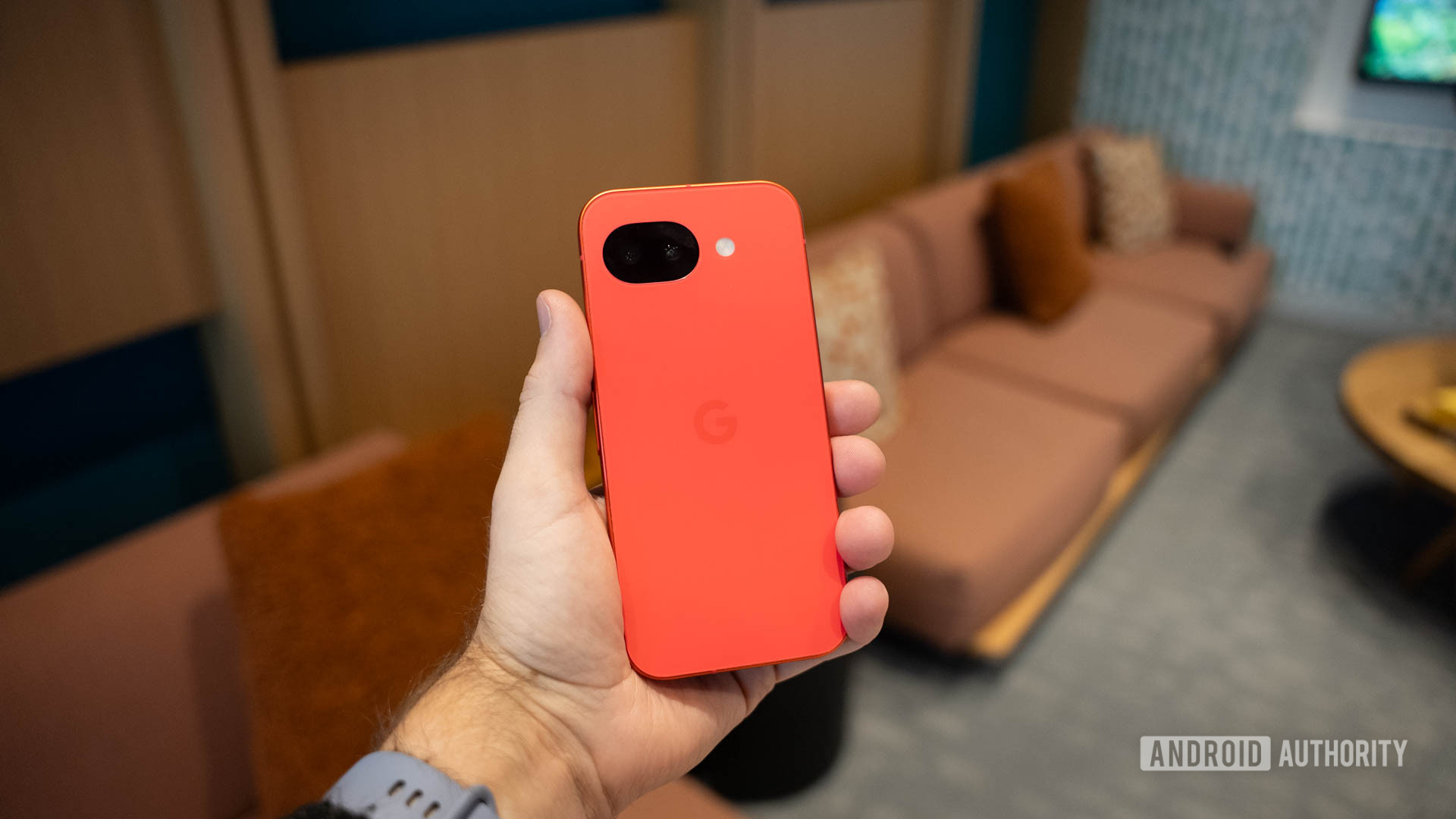
Reminder: You can get a free $100 gift card when you buy a Pixel 10a
Edgar Cervantes3 hours ago
0
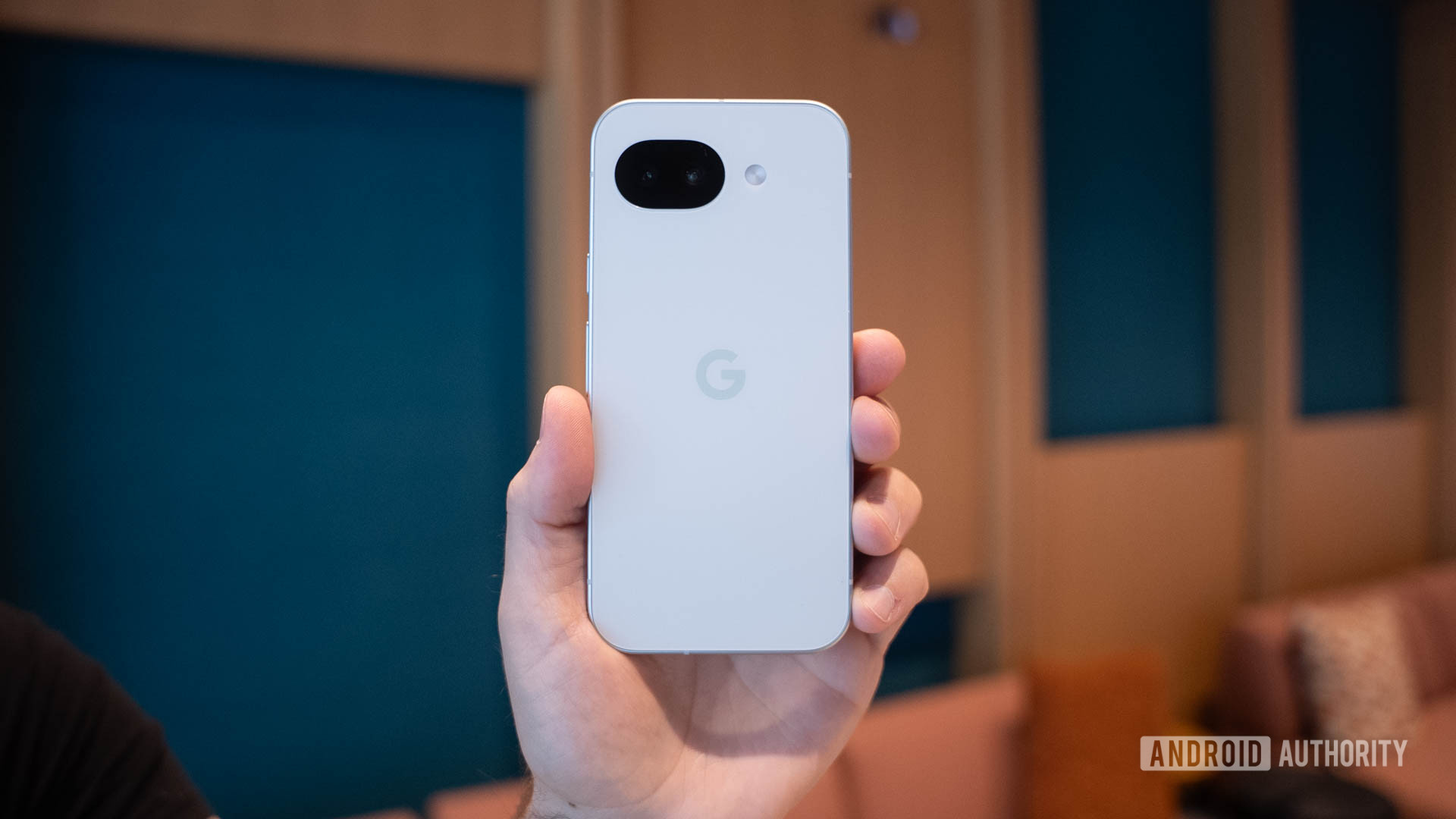
Galaxy S26 pre-order poll shows it's one model or nothing for the majority of you
Matt Horne9 hours ago
0
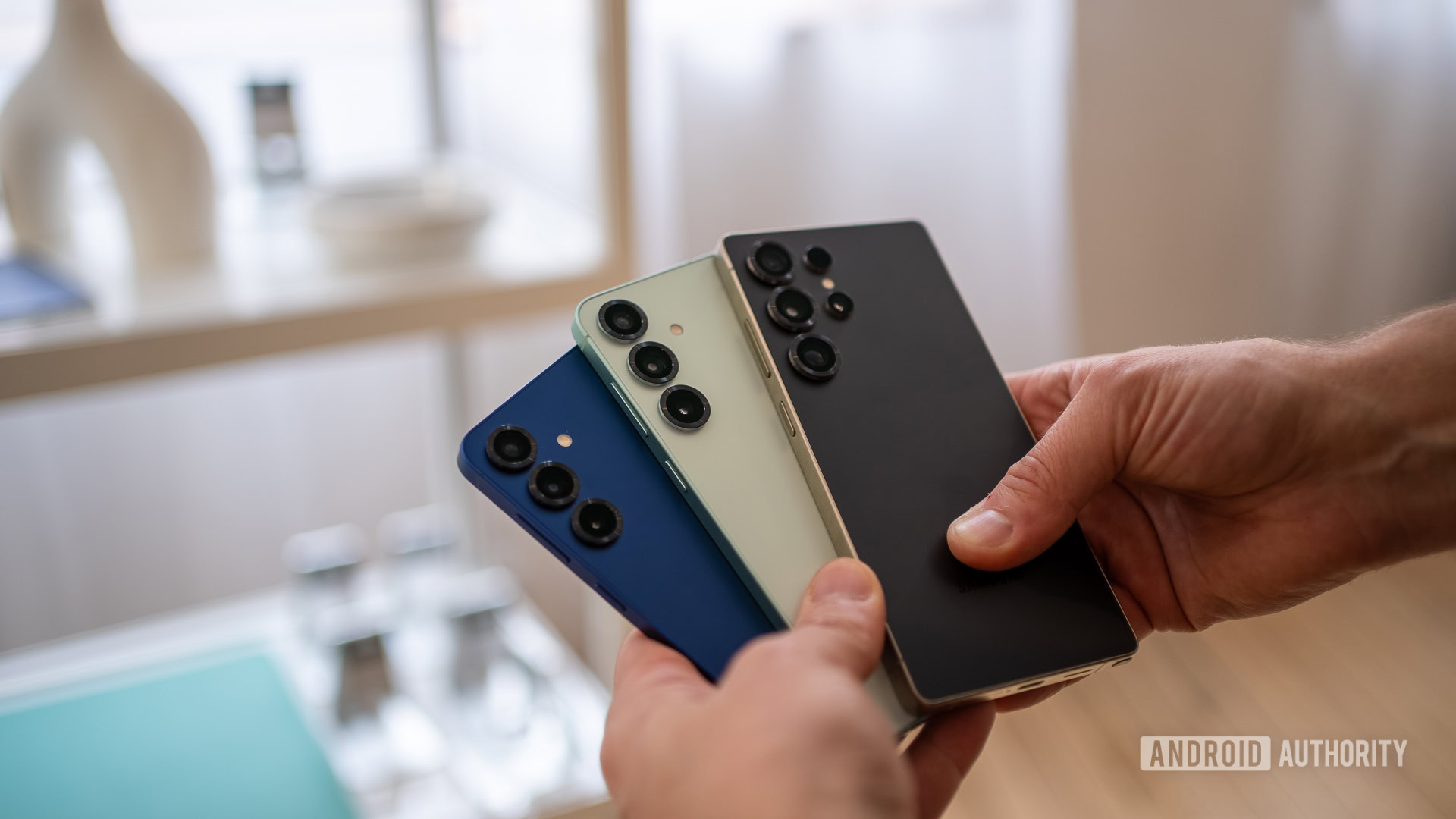
Catch the Galaxy S26, Galaxy Buds 4 launch event live: Here's how
Tushar Mehta15 hours ago
0
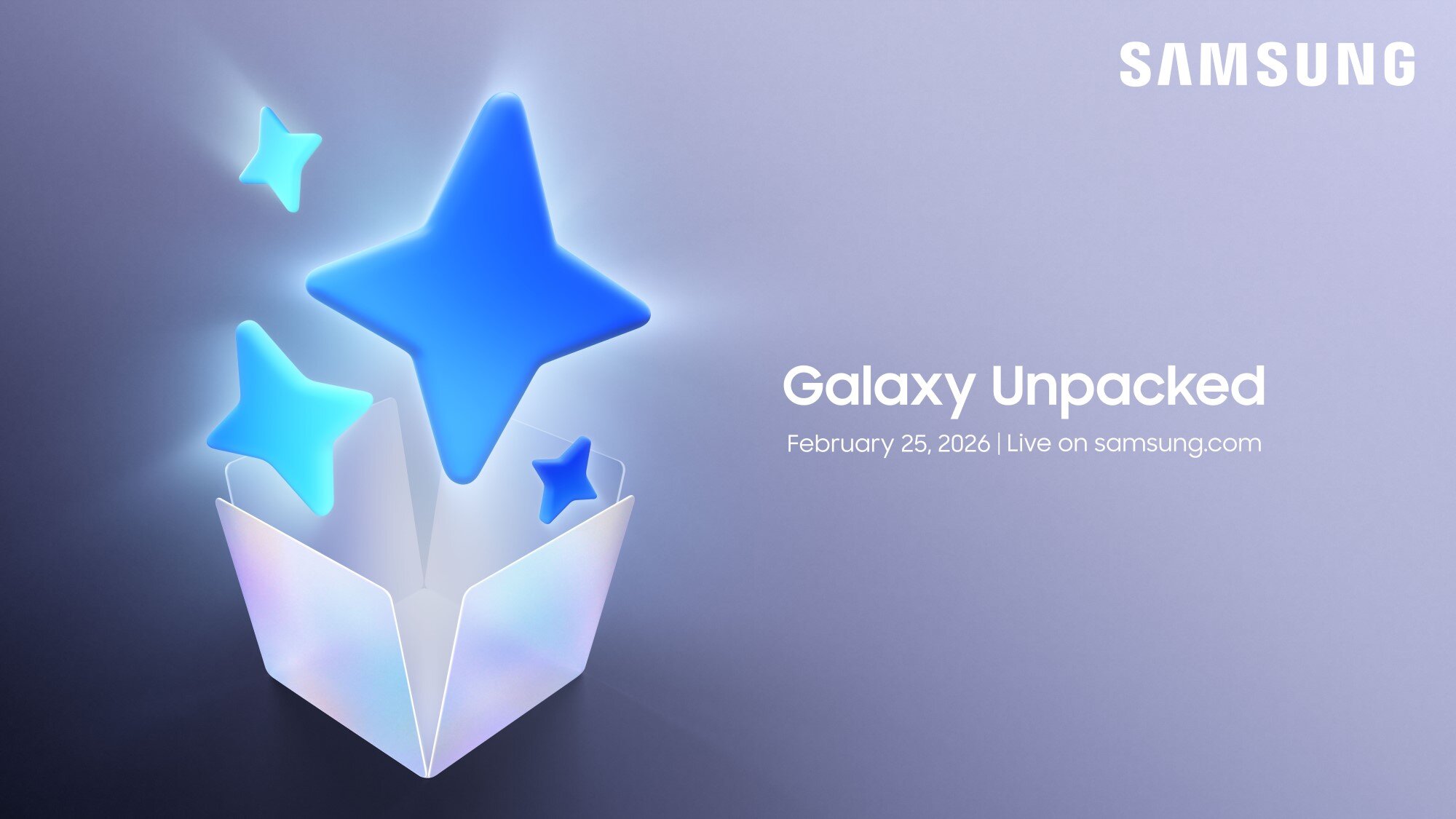
What’s behind Samsung’s cautious flagship upgrades? Readers offer their theories
Andy Walker18 hours ago
0
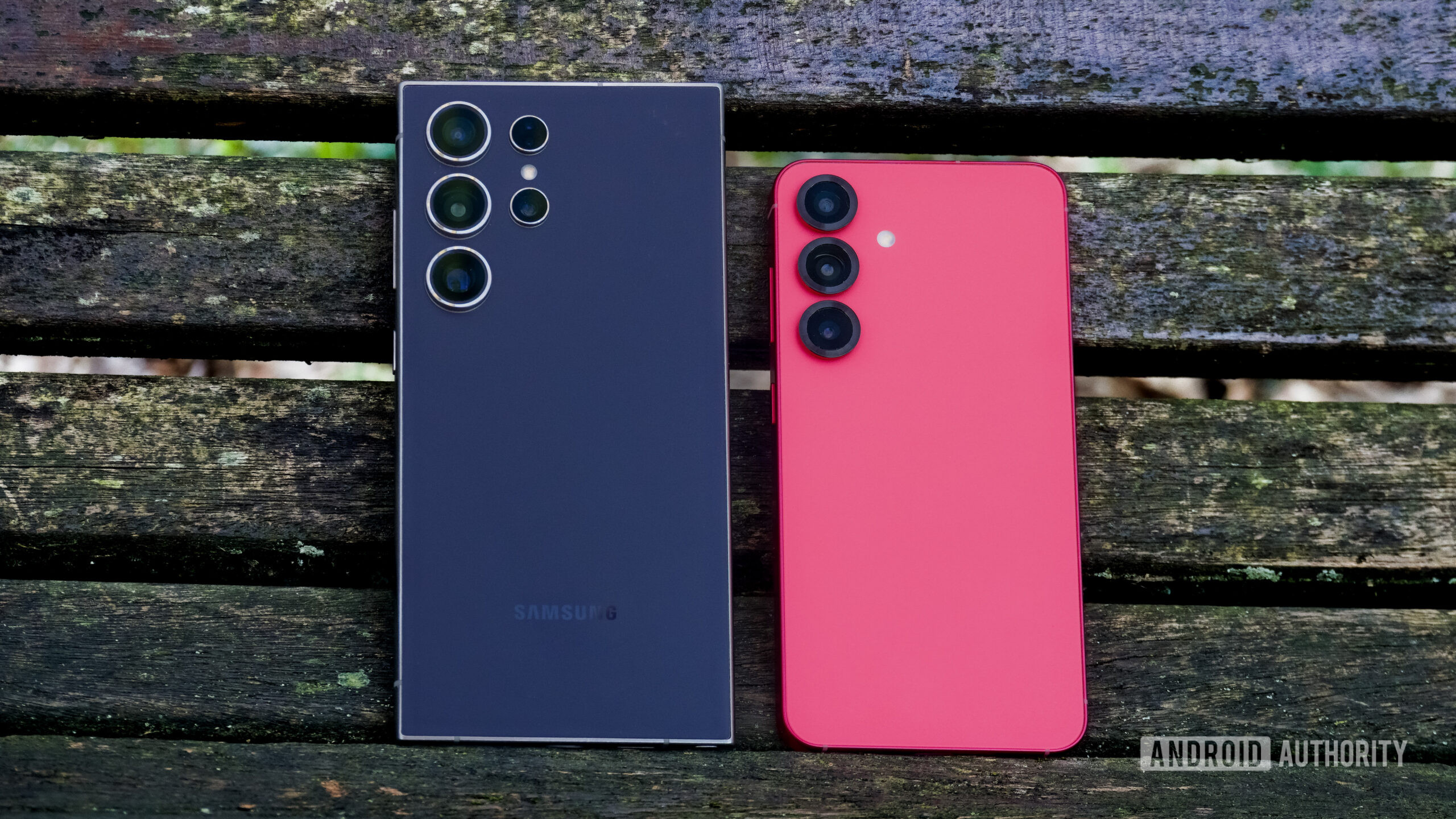
Samsung's 'Wide' Galaxy Z Fold might include a clever way to save your screen from damage
Aamir Siddiqui18 hours ago
0
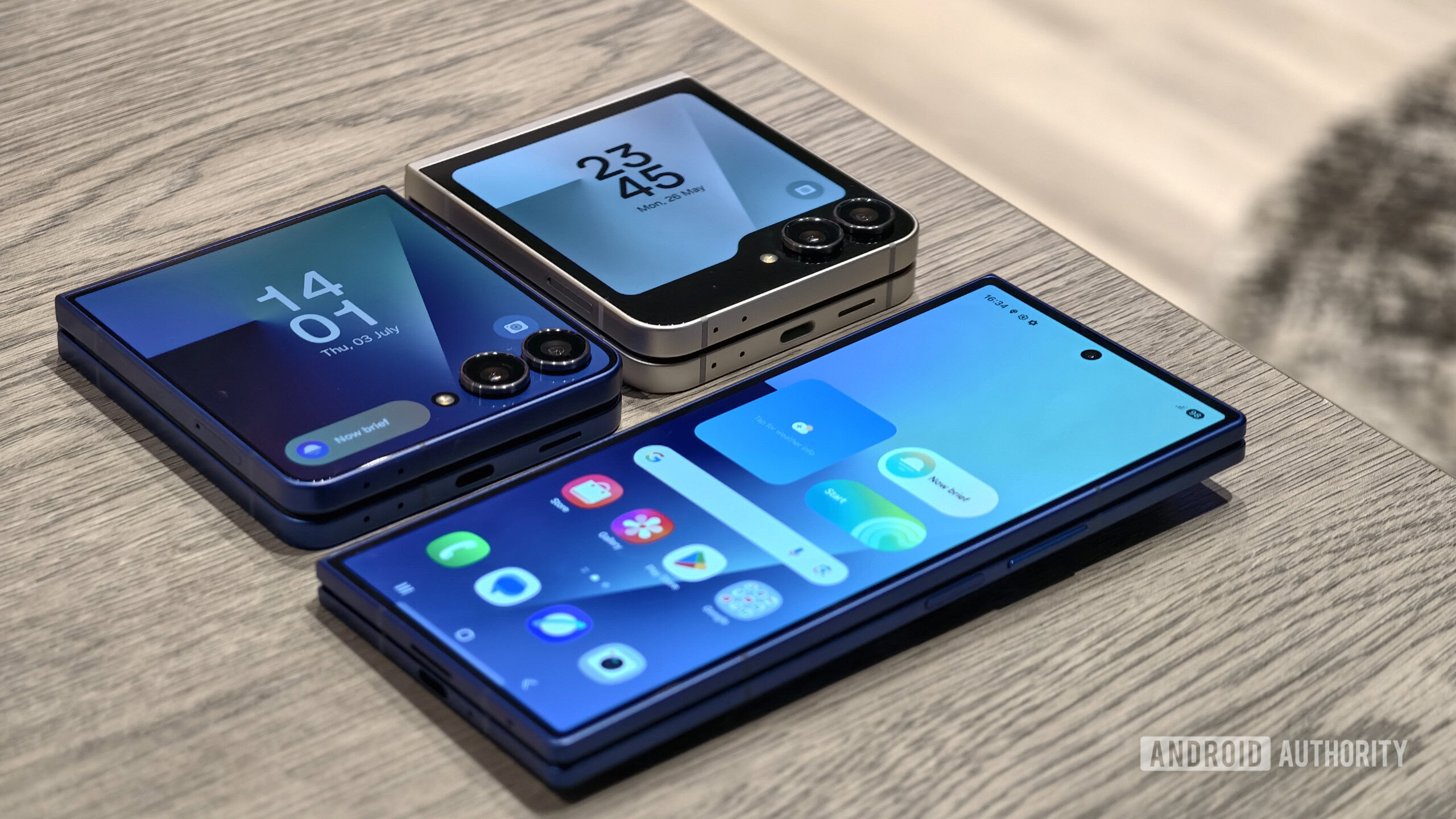
Forget foldables, this Android phone maker is launching a robot butler at MWC
Jay Bonggolto18 hours ago
0
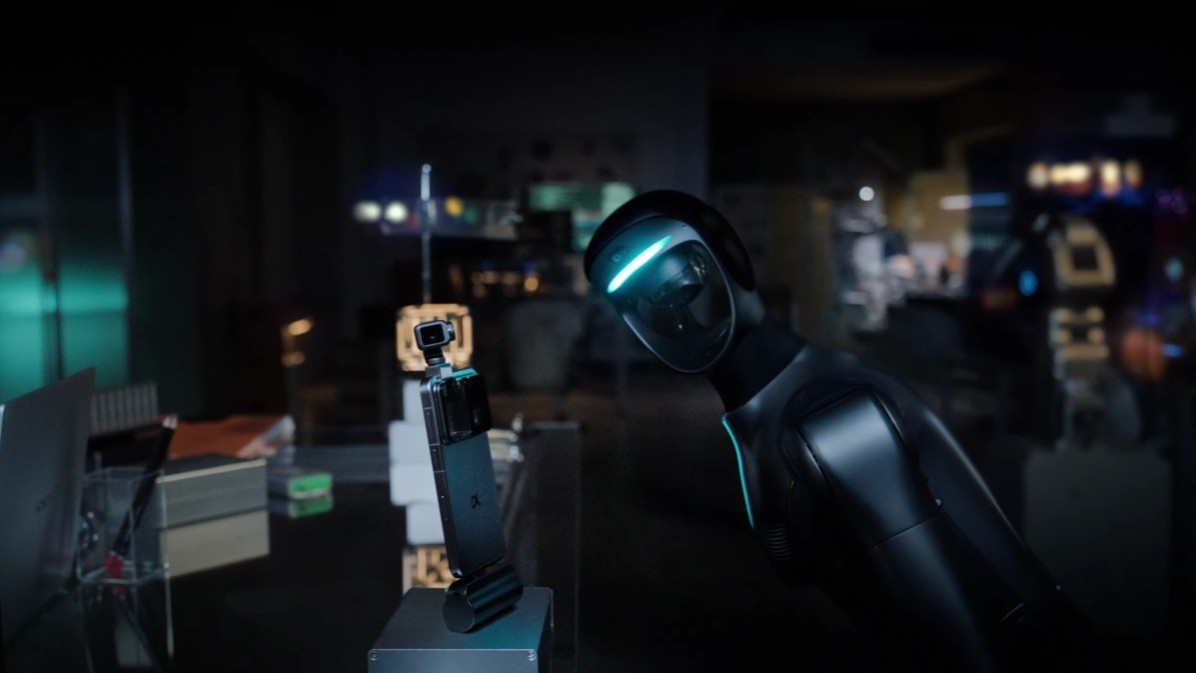
Galaxy S26 series leak reveals a surprising downgrade for battery health
Aamir Siddiqui19 hours ago
0
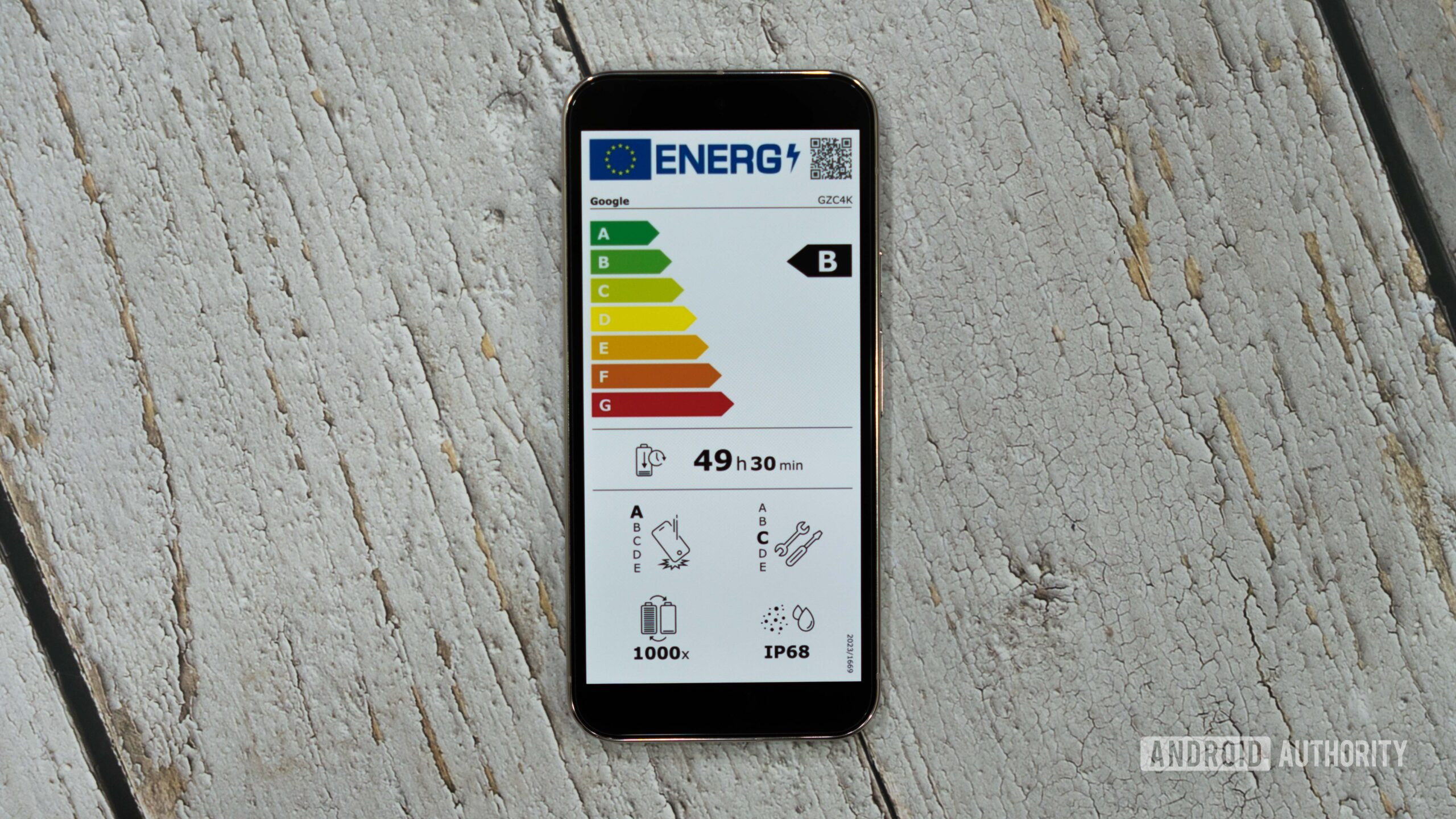
The FairPhone Gen 6 will 'soon' get Android 16
Hadlee Simons21 hours ago
0
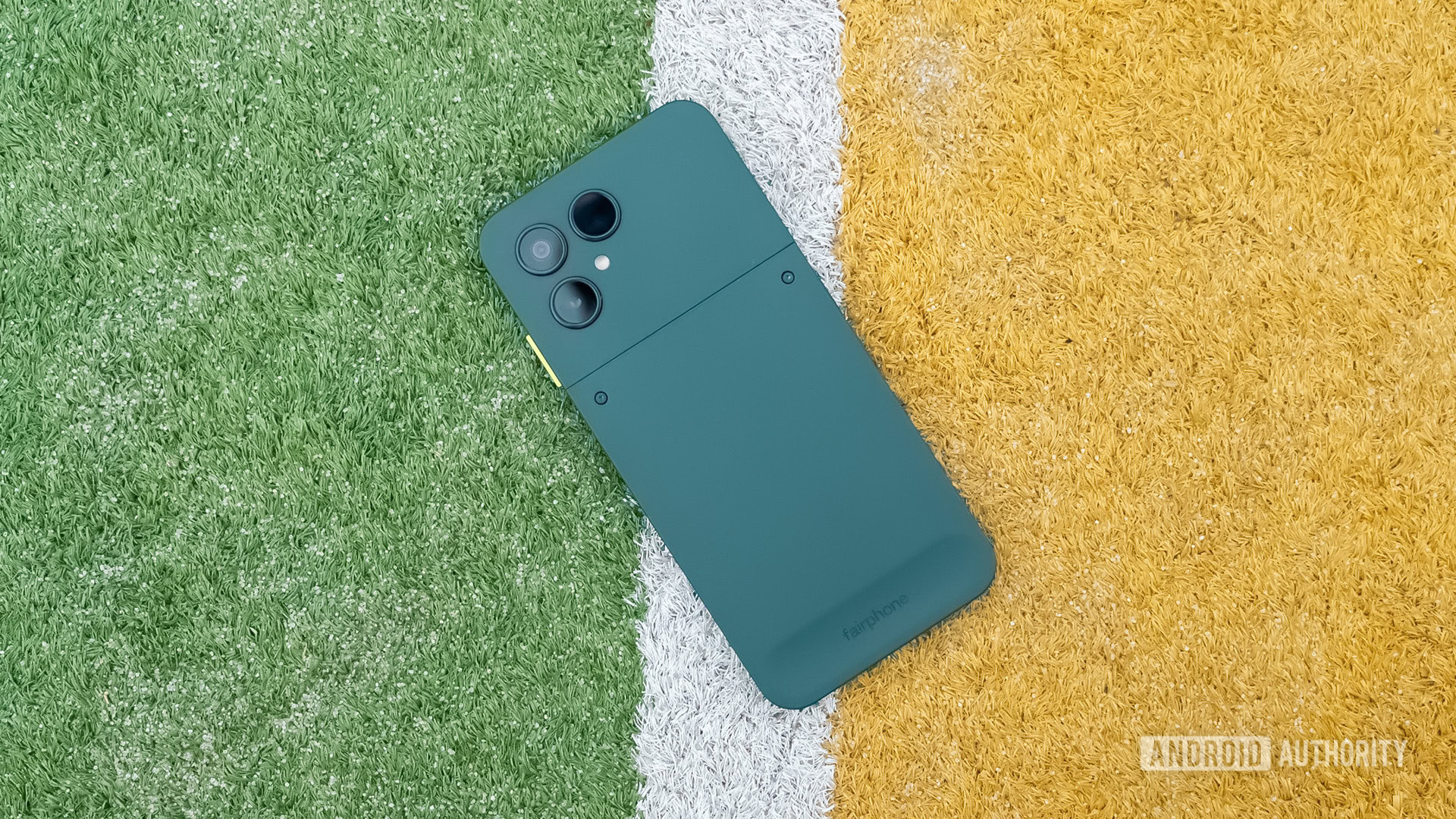
First look: Google Messages is finally catching up with live location sharing
Adamya Sharma24 hours ago
0
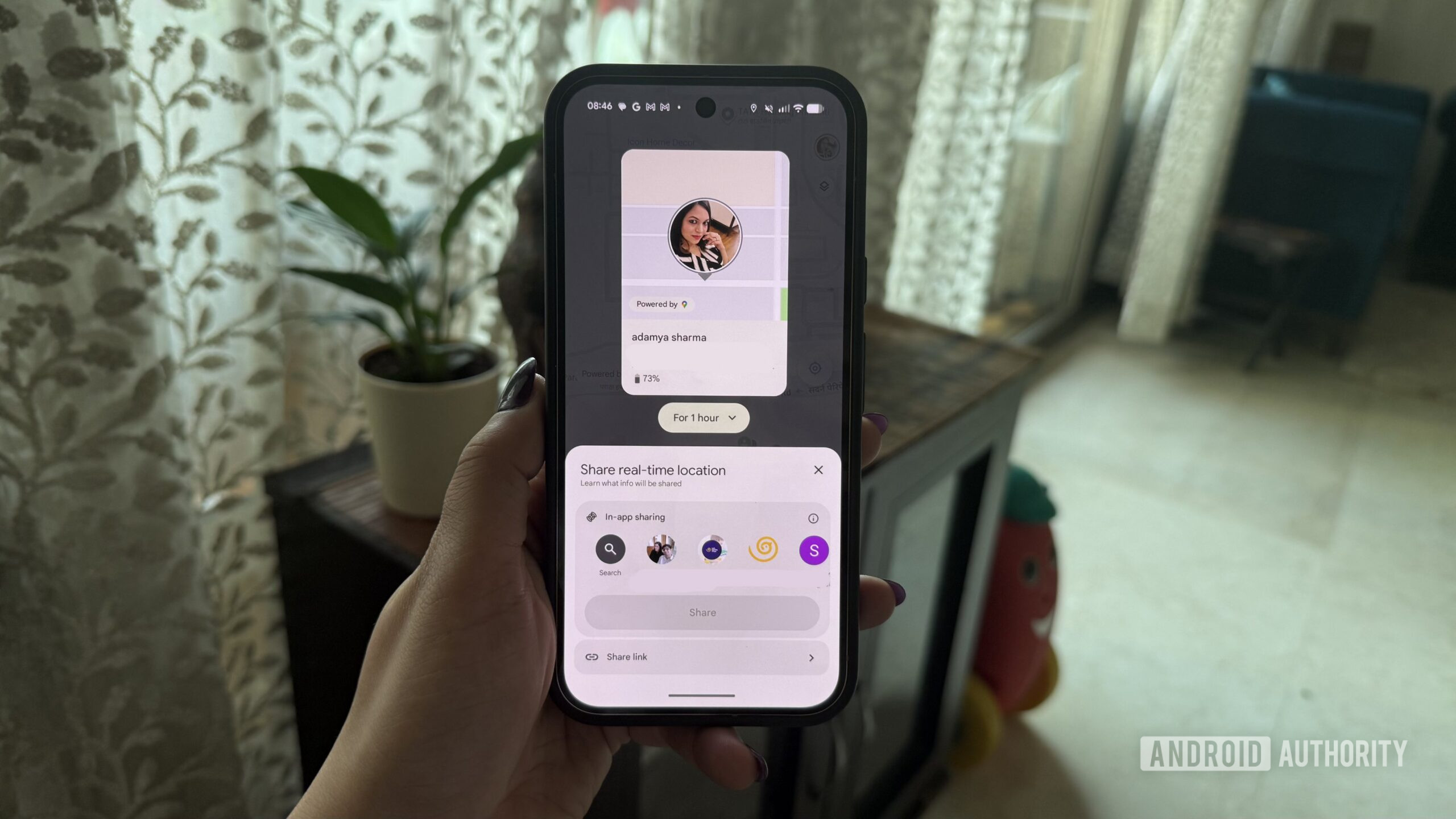
The Galaxy S26 series may already be behind Pixel phones in one big way
Adamya SharmaFebruary 23, 2026
0
